Almost half of the cultural events in the Basque Country are Basque or bilingual
32.8% of the cultural events scheduled in 2024 were entirely in Basque and 13.1% were bilingual along with Spanish or other languages.

Euskera, rather than language, is the backbone of the Basque cultural identity. At a time when the debate on the health of the language is going through institutions and the street, data from the Basque cultural programming of 2024 provide an illustrative X-ray of the place of the Basque Country in public life. From the records of the reference platform promoted by the Basque Government, it has been observed that nearly half of the nearly 20,000 cultural events held in the Basque Country.
Gipuzkoa, the fortress of the Euskera
Gipuzkoa is the main stronghold of the Basque Country in the cultural sphere. In six of the seven regions, more than 50% of the events were held in this language — in Basque or Basque and in another language. Donostialdea, for example, has a great cultural offer, where more than 4,300 events are held annually. The presence of the Basque Country is considerable.
Bizkaia: diversity and different commitment
In Bizkaia there were more than 8,600 events in 2024, and the situation is more heterogeneous in this territory. Five of the seven regions programmed half of the events in Basque or in bilingual formats. In Encartaciones and Gran Bilbao, however, the Spanish events dominated by a wide margin.
Álava, unfinished business
Álava has the greatest challenge. No region exceeded this 50% barrier in favour of the Basque Country. Only Ayala (49.8%) approached this figure, taking into account both the programming in Basque and bilingual. In the Llanada Alavesa, including Vitoria, 34% of the events were held in Basque or bilingual: of the 2550 events registered last year, only 490 were held in Basque.
Beyond numbers
The commitment to the Basque language in culture is not uniform, but progress is undeniable. The fact that one in two acts (approximately) are carried out in Basque, either as a single language or alongside Spanish, clearly reflects the existence of a structural commitment to its promotion. However, territorial contrasts show the need to adapt this commitment to local linguistic realities and the possibility of strengthening the presence of the Basque language.
You might like
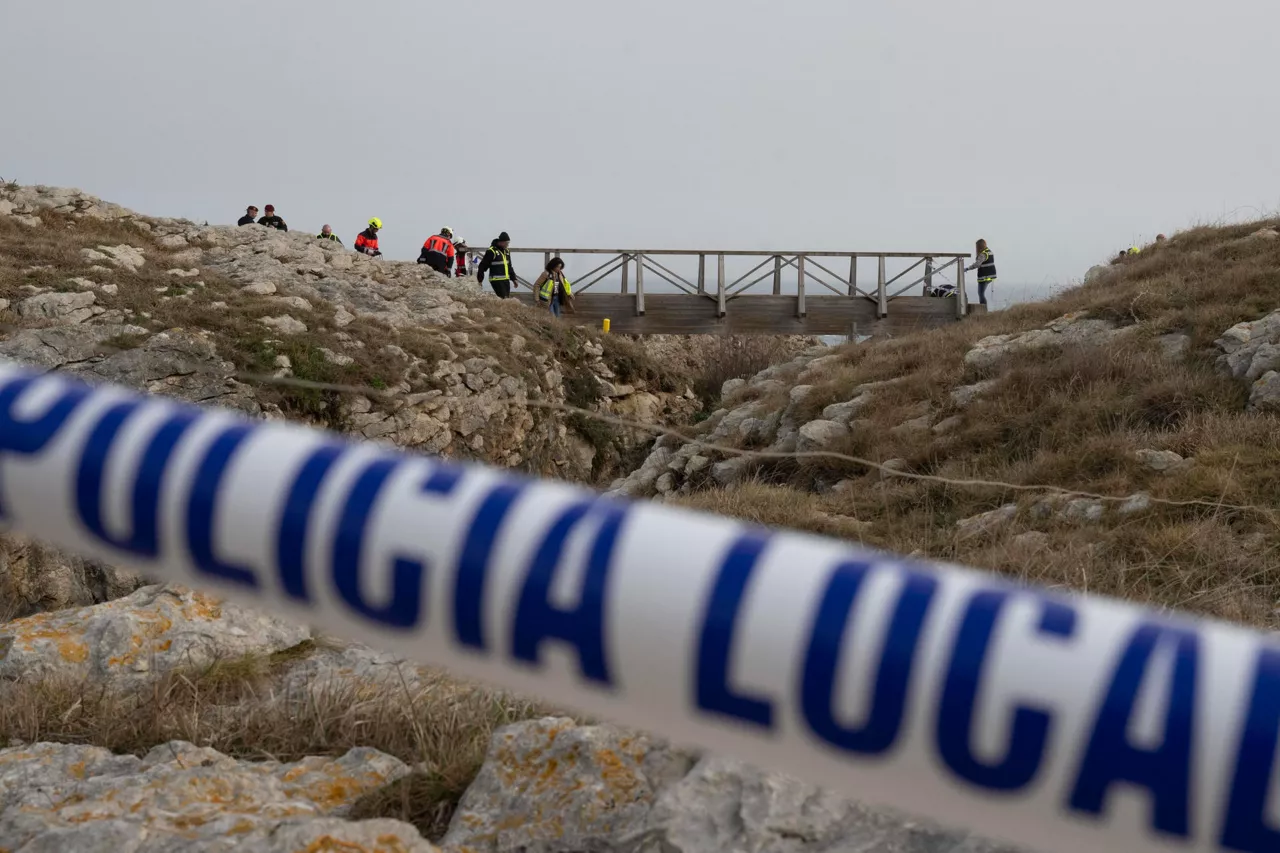
The Basque Government offers assistance to the families of the people killed in Santander
The Ertzaintza has alerted the families to the death of three young Basques: two 19-year-old girls from Barakaldo and a 21-year-old boy from Balmaseda.

Osakidetza will begin screening for the human papilloma virus for women over 30 years of age
The pilot project will begin in Donostialdea and Tolosaldea and then extend to all of Gipuzkoa, including Álava and Bizkaia.
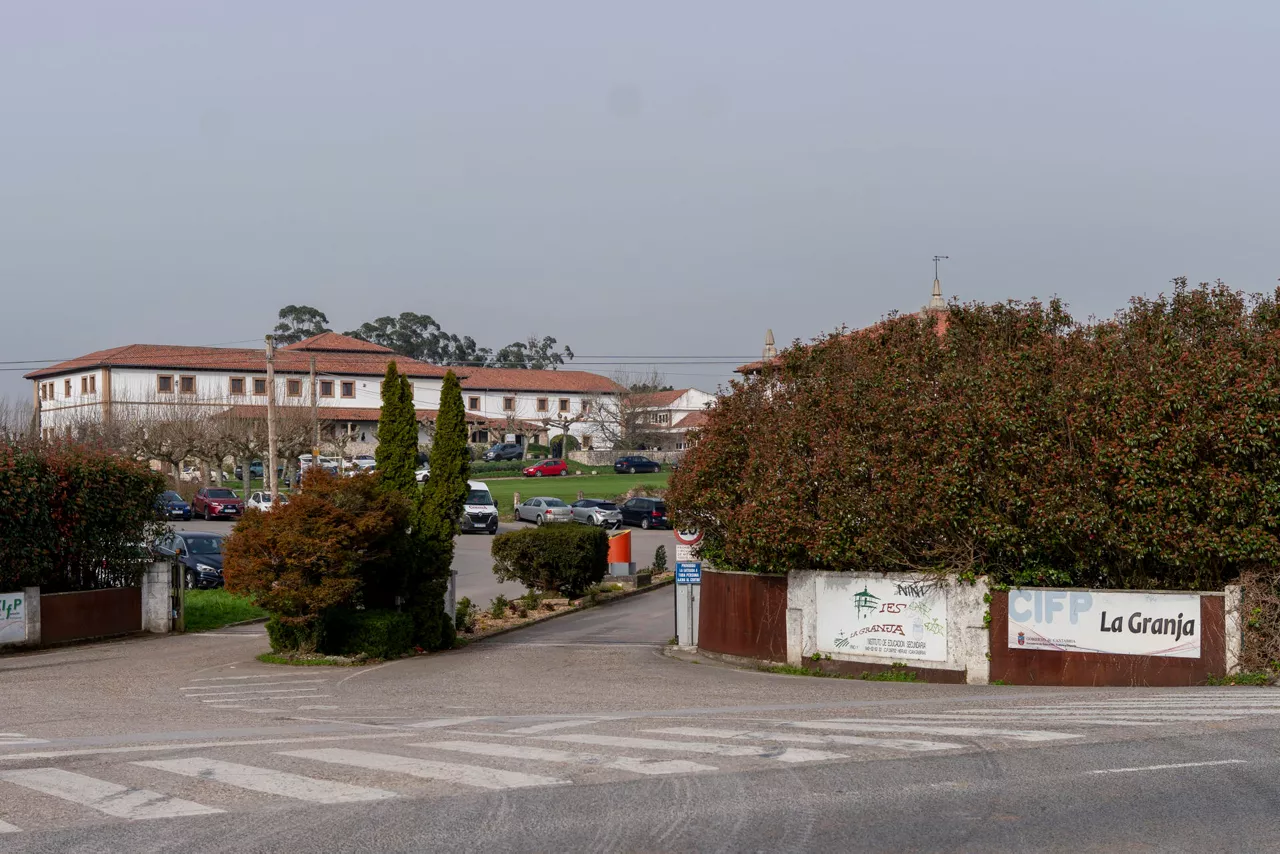
The victims were students from La Granja de Heras, a reference centre for agricultural and environmental training
The victims of the tragedy participated in the cycle of Senior Technician in Animal Husbandry and Animal Health Care, a center that prepares students to manage livestock farms and collaborate with veterinary teams.
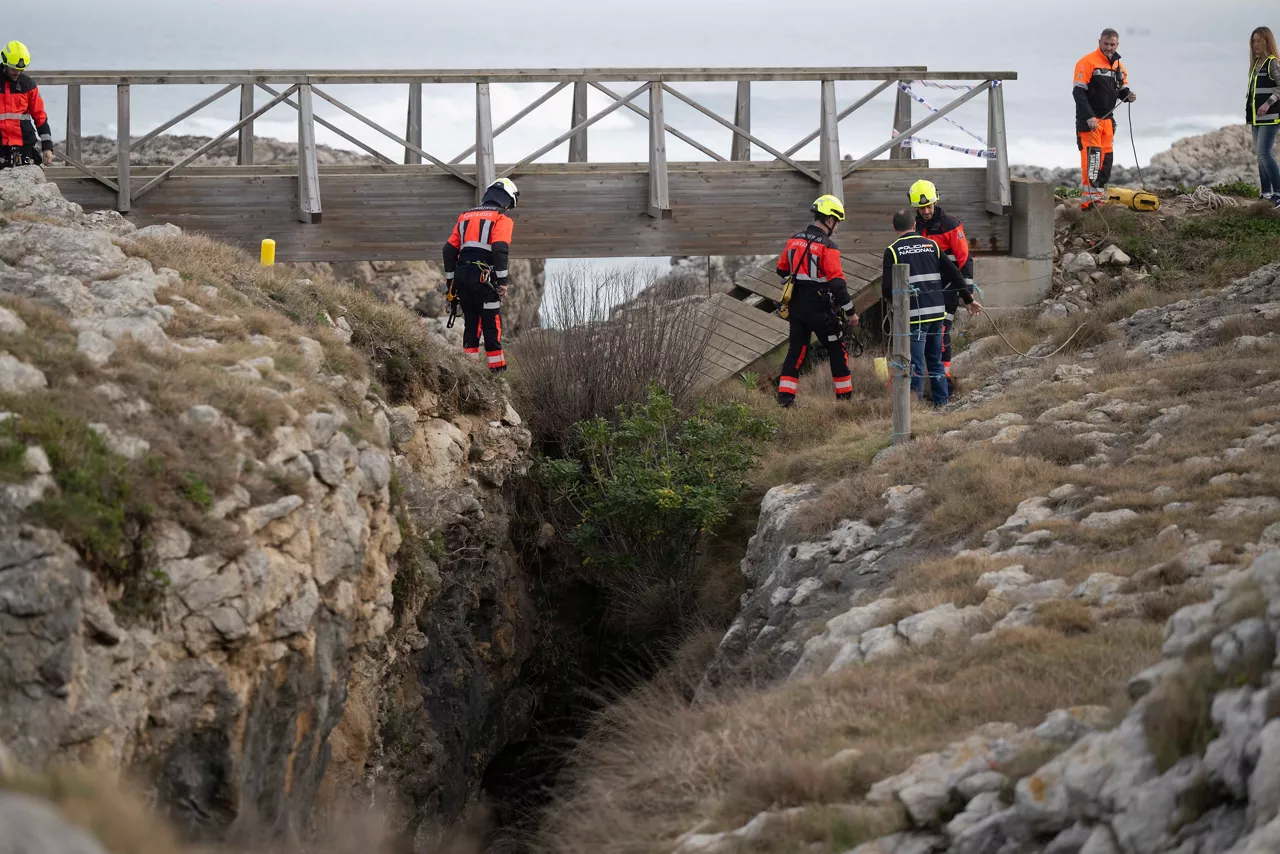
What do we know about the Santander accident?
The circumstances of the accident on Tuesday afternoon at the El Bocal Coast Pass in Santander, one of which collapsed and killed five people, including three Basques.
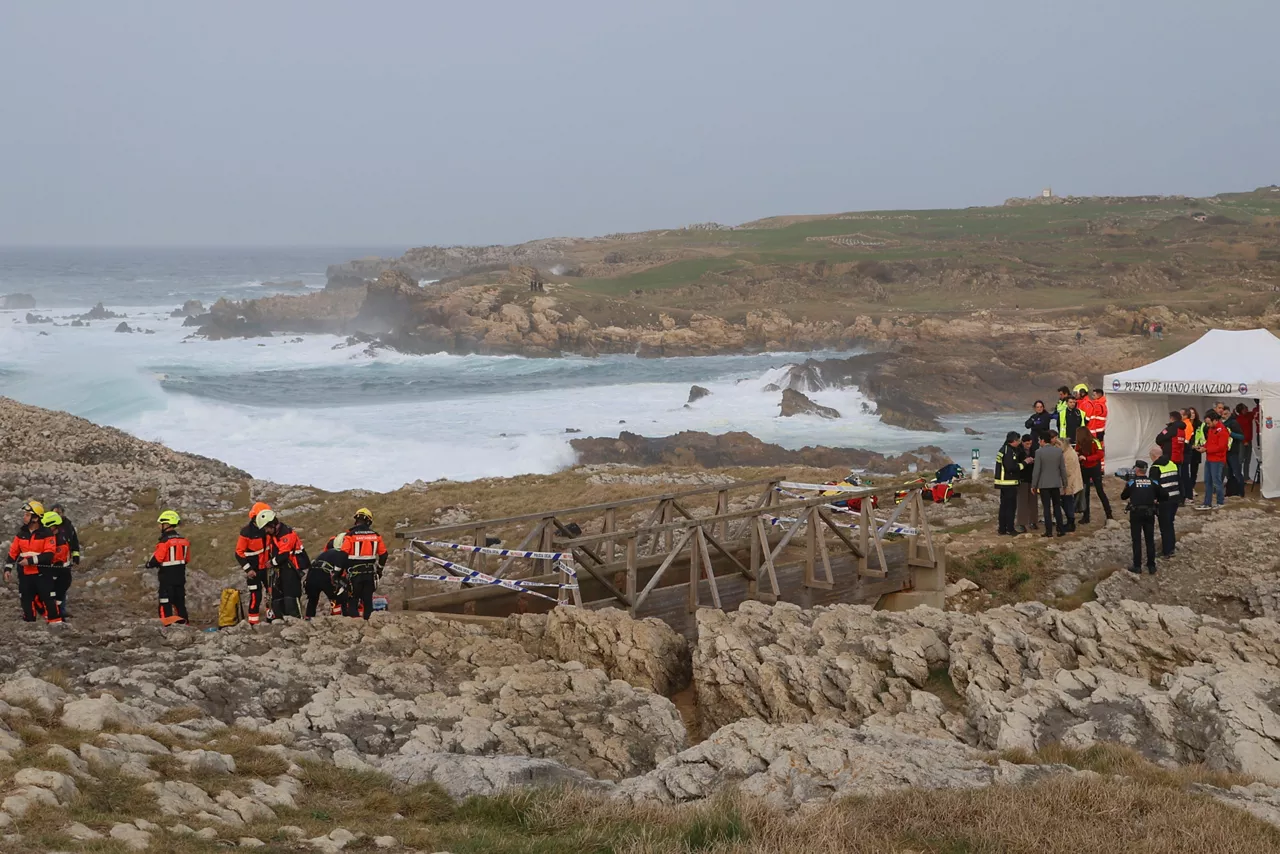
A girl from Elvillar (Álava) remains in the intensive care unit as a result of the accident in Santander
The young man, from Elvillar, is in serious condition at the Marqués de Valdecilla University Hospital.
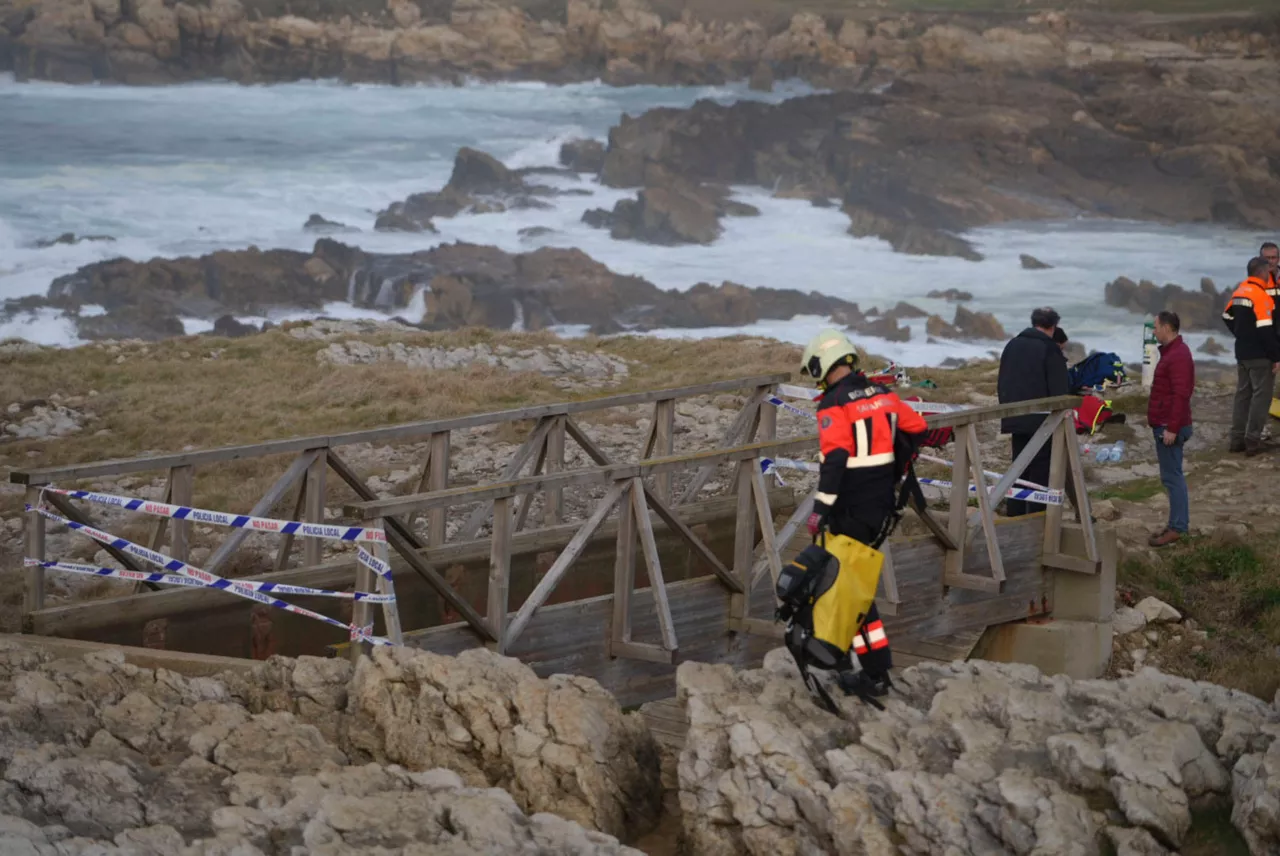
Two young men from Barakaldo and one from Balmaseda, among those killed in the Santander accident
According to the Government Delegation in Cantabria, the five deceased are two 19-year-old girls from Barakaldo (Bizkaia), a 21-year-old boy from Balmaseda (Bizkaia), another 22-year-old from Igollo de Camargo (Cantabria) and another from Almería (20), while the girl who has been hospitalized since yesterday is from Elvillar (Álava).

Will there be supply problems at the gas stations in the Basque Country? No cause for alarm, according to service stations
More cars have been running gas stations in the last few days and there have been some supply problems.

News: The decisive night in Anoeta, the conflict in the Middle East and the appearance in Paris of the body of a Tolosarra
A summary, in two words, of what will be news today in the Present.
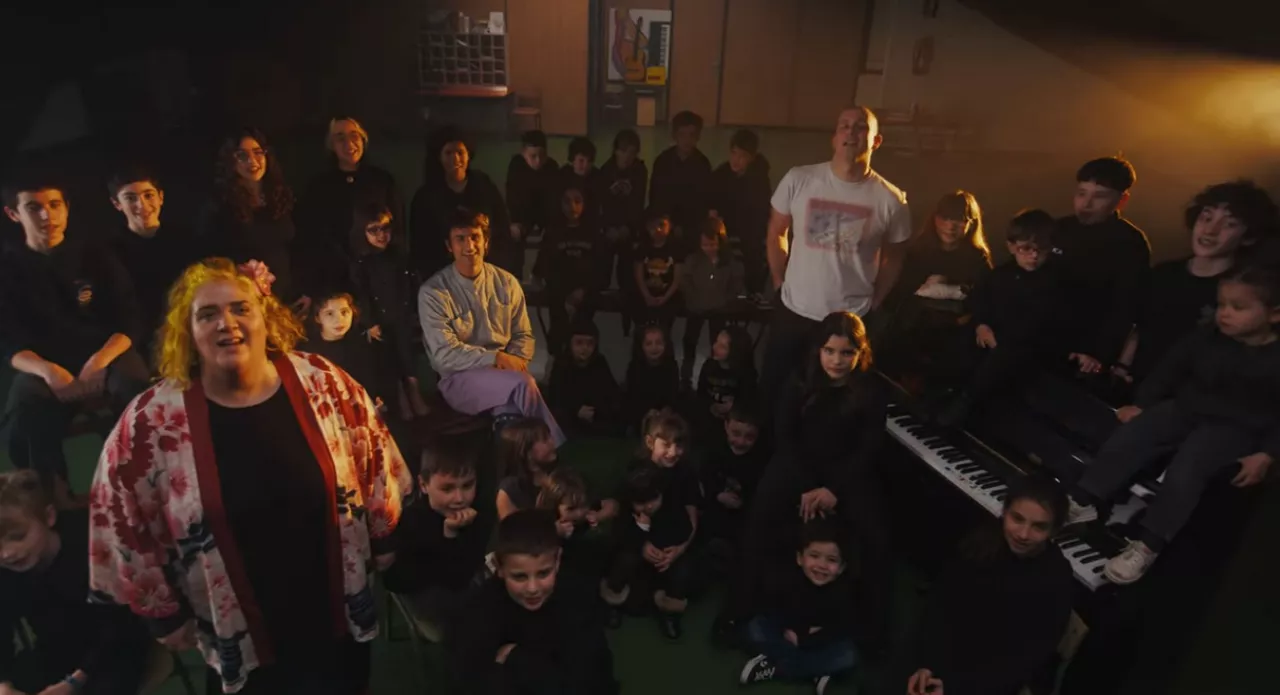
This year's song of the march, "Hiri Kiribili Bil", has been presented
The ikastola Kirikiño of Bilbao has organized this year's festival for the ikastolas of Bizkaia, composed and performed by Aiora Renteria (Zea Mays), Unai Madariaga (Ezez) and the trio Txopet.
Traffic jams on the Rontegi Bridge, Getxo sense, due to a slight accident
They've had to cut a lane, and they're causing trouble at one of the main access points on the right.

